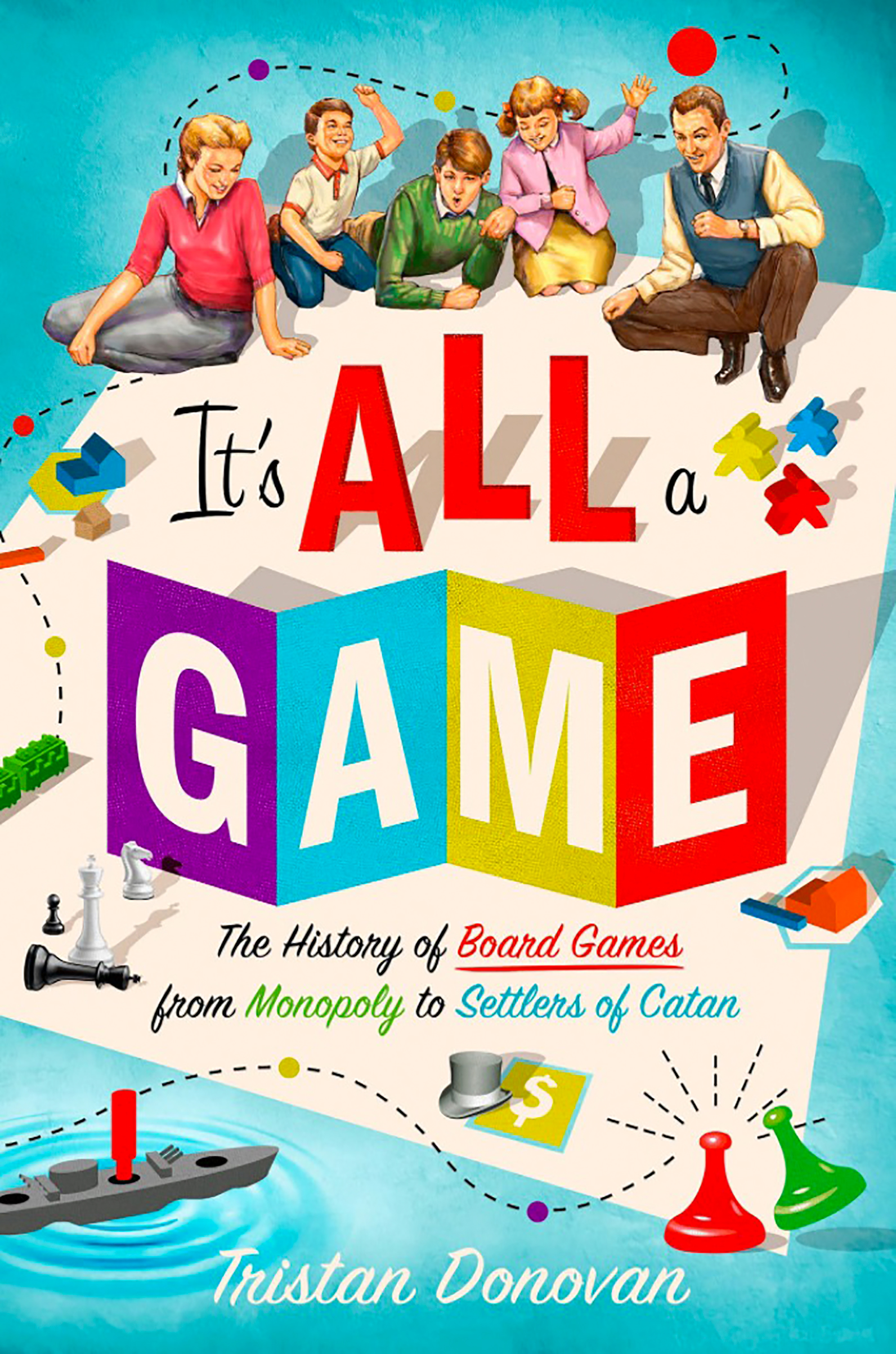
Board games tend to feel timeless. But as Tristan Donovan argues in his new book, It’s All a Game, the ways board games evolve reflect the values of the time. Consider the game of Life, which began in 1860 “as a thinly disguised Sunday school sermon,” Donovan writes, with spaces on the board promoting virtues and punishing vices. A century later, as American industry boomed, it was remarketed with a capitalistic message.
By the 1990s, the financial side still mattered, but the introduction of “Life Tiles” rewarded more intangible accomplishments. Games of the 1960s like Twister revealed changing sexual attitudes, while the German game Settlers of Catan (introduced six years after the fall of the Berlin Wall) valued open trade over command and control. “Wherever the future takes us,” Donovan writes, “board games will be there, mirroring our choices and our attitudes on paper and cardboard.”
More Must-Reads from TIME
- Cybersecurity Experts Are Sounding the Alarm on DOGE
- Meet the 2025 Women of the Year
- The Harsh Truth About Disability Inclusion
- Why Do More Young Adults Have Cancer?
- Colman Domingo Leads With Radical Love
- How to Get Better at Doing Things Alone
- Michelle Zauner Stares Down the Darkness
Contact us at letters@time.com